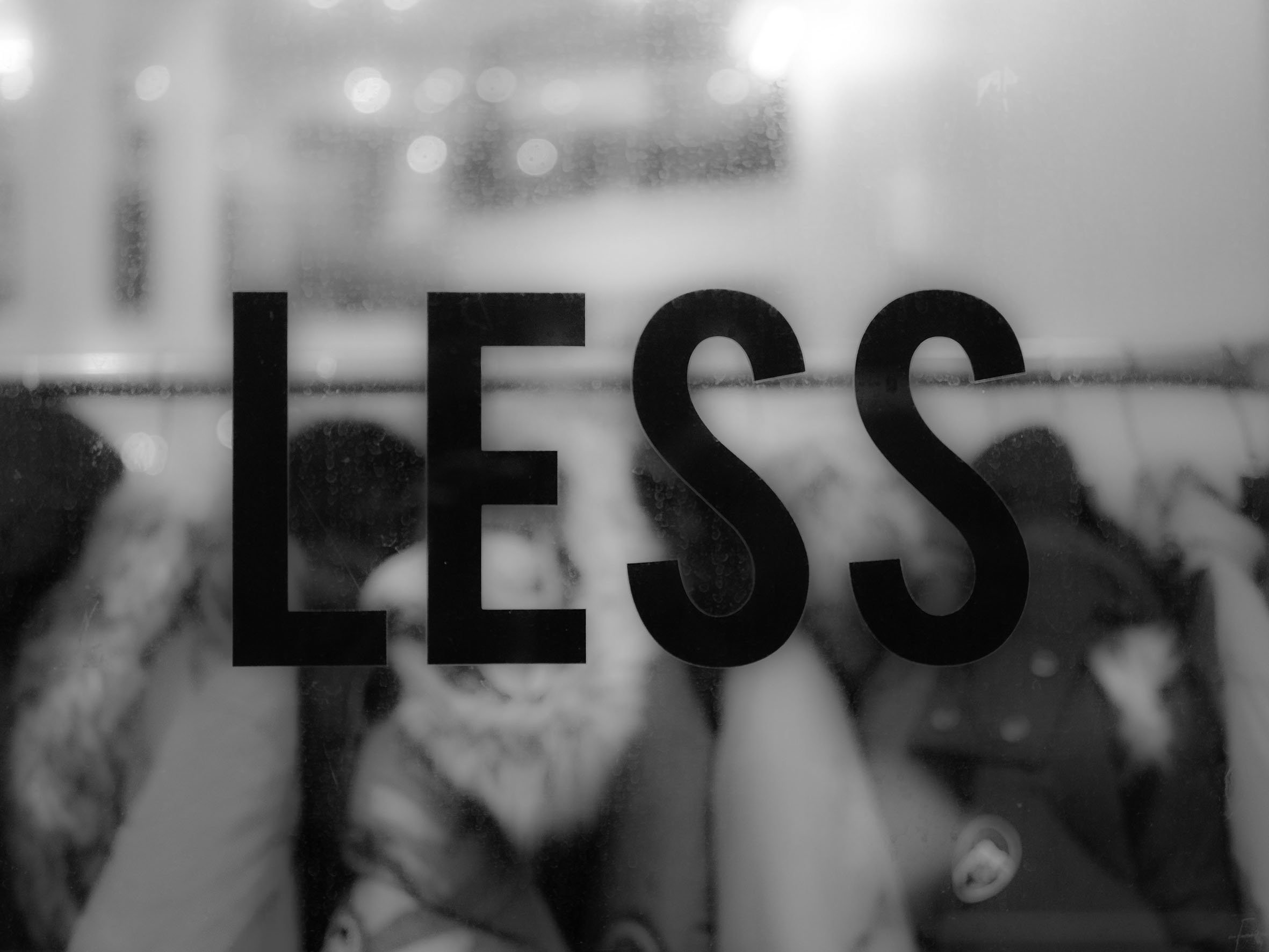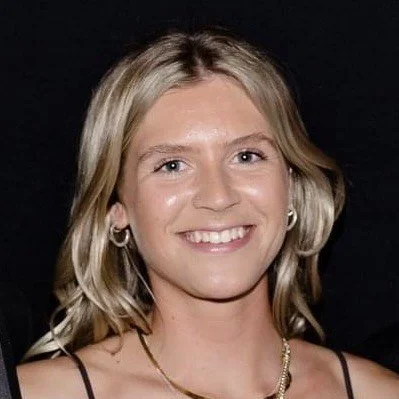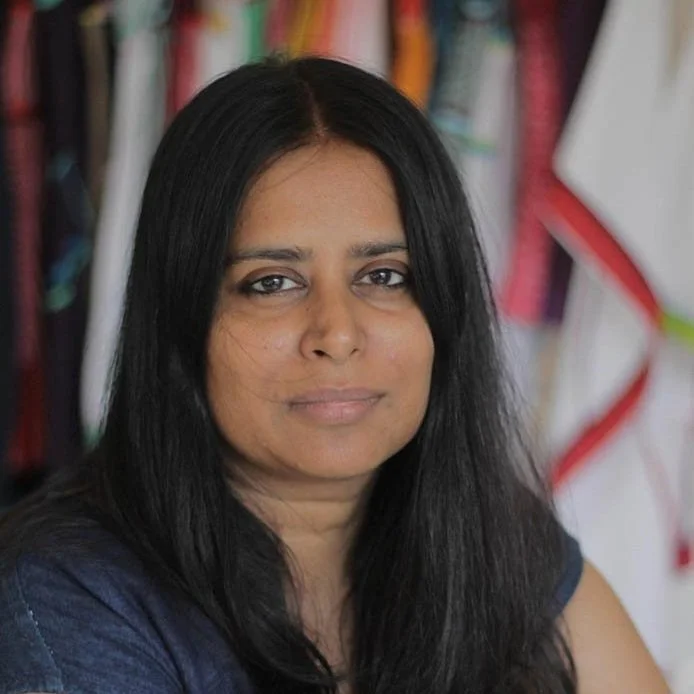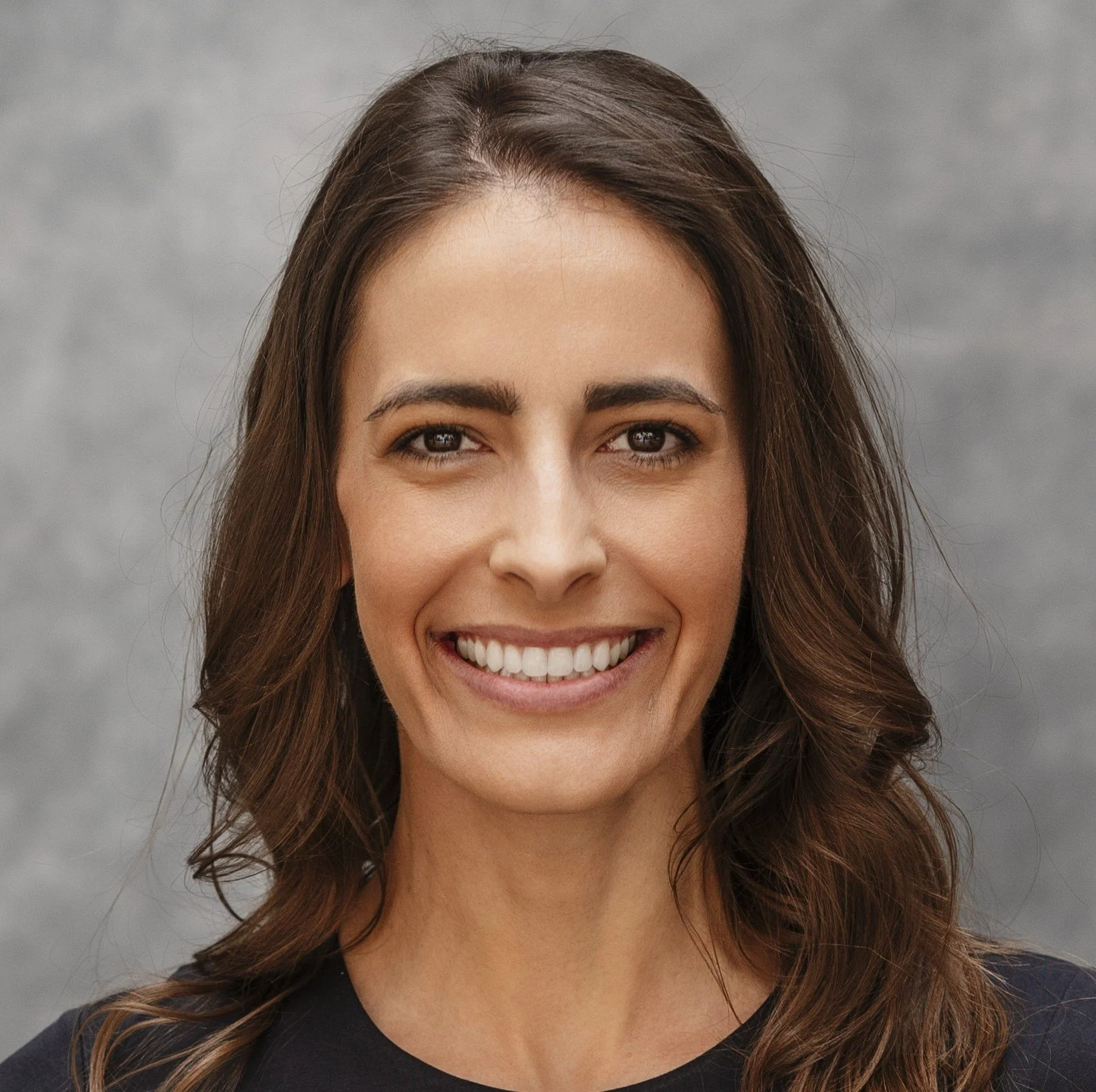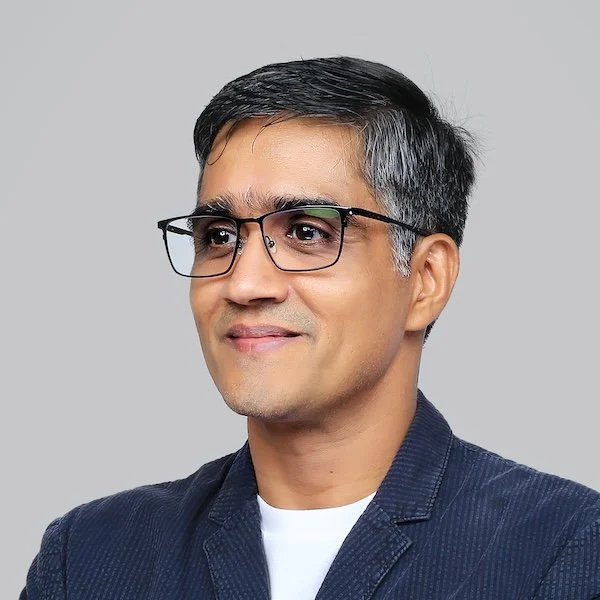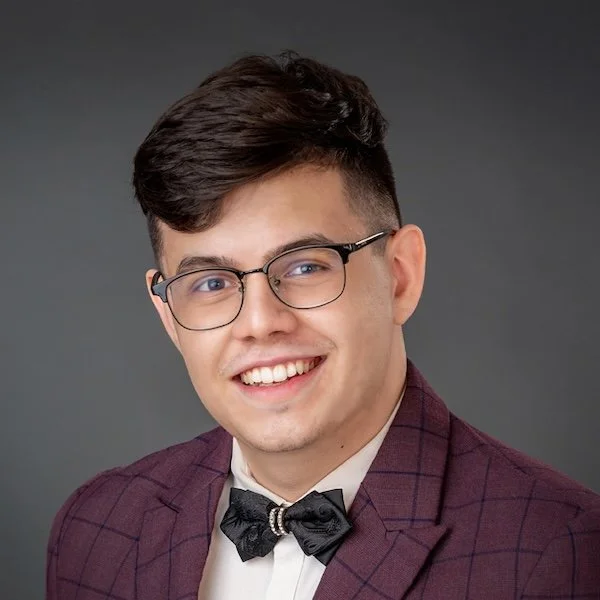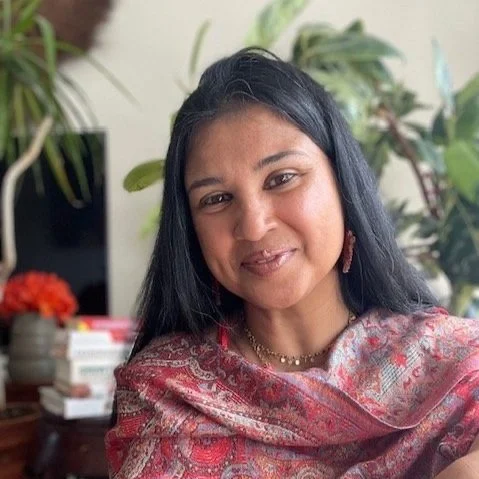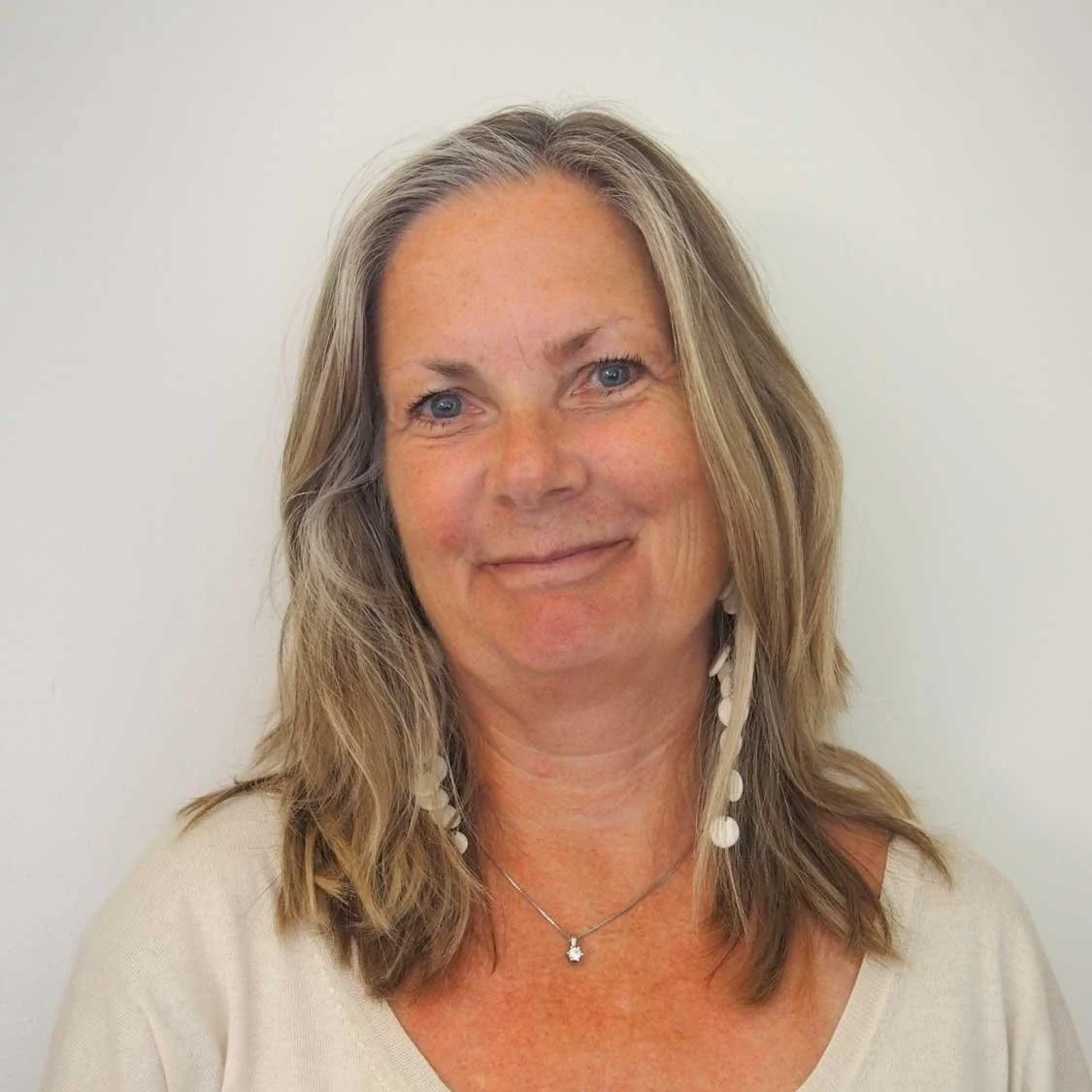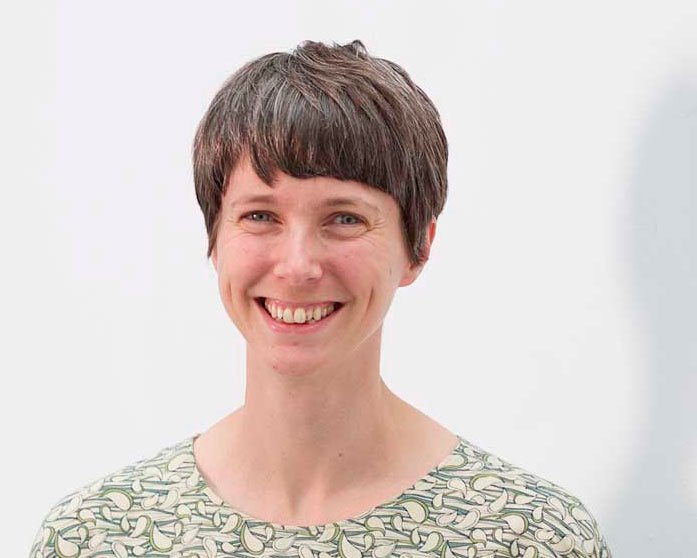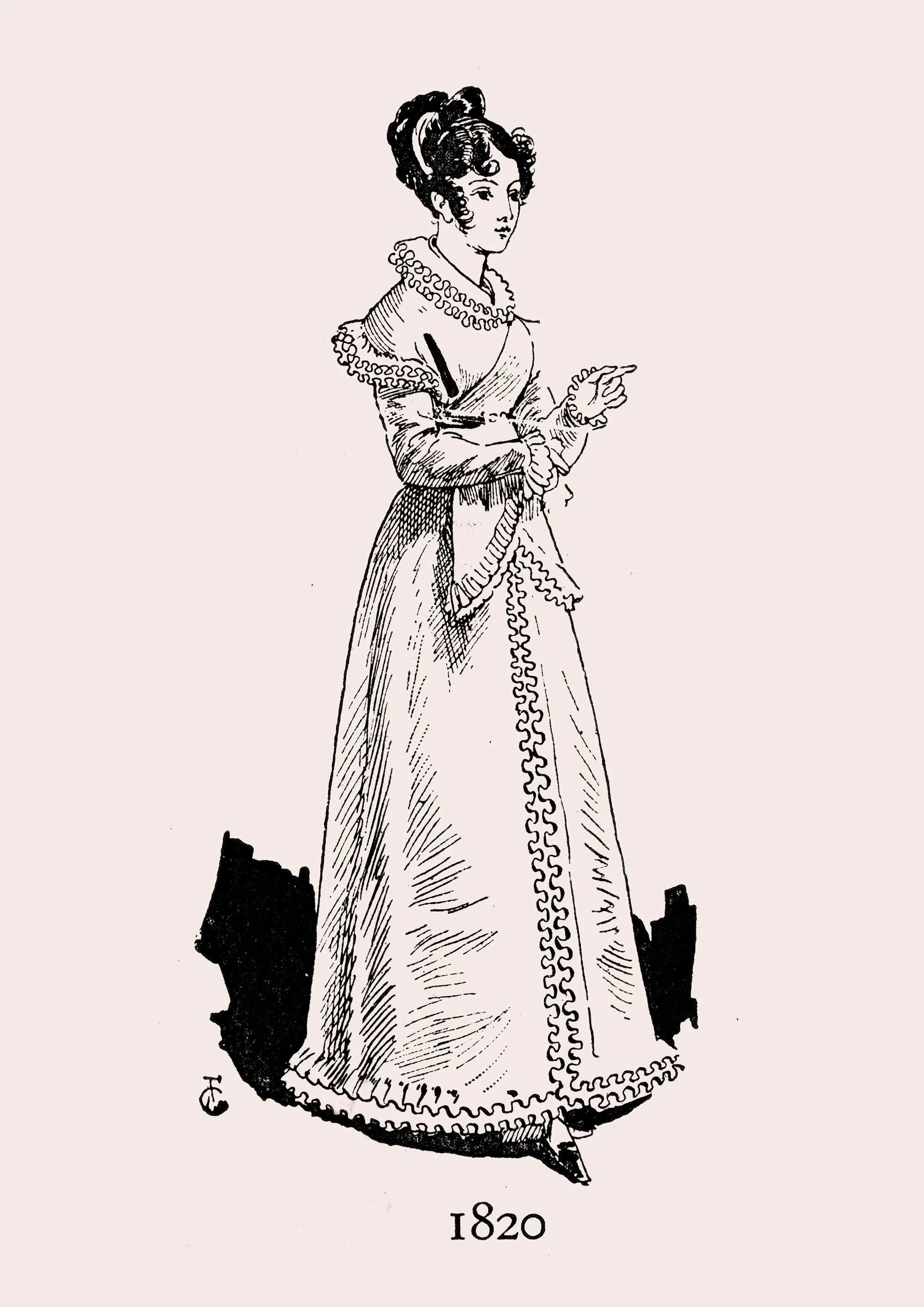Organisation
UCRF is led by a board who bring varied expertise in the field of fashion and sustainability and coordinate the Union’s activities. Their work, like that of the Union as a whole, is guided by a Code of Conduct based on principles of change, collaboration, care and courage.
The Board
The current UCRF board has Nine members (listed alphabetically):
-
Amy is a PhD student at Cardiff University, researching climate risk and resilience in fashion supply chains through the lens of Ecofeminism. Her work centres on the experiences of marginalised supply chain actors, bringing the voices of garment workers in Cambodia to the forefront of climate resilience discussions. She challenges the capitalist normativity embedded in dominant resilience narratives to propose radical new ways of understanding resilience. She has a background in consultancy focused on Extended Producer Responsibility (EPR) and consumer purchasing behaviour; and has also worked in the luxury fashion industry as a buyer and merchandiser.
-
Gitika Goyal is a designer, entrepreneur & educator based in Bangalore, India.
She has created three small and sustainable brands over 25 years and continues to strive to maintain circularity within her small business framework. She has worked deeply with crafts and the handmade through two premium brands sold overseas, but is now focussed through the third brand, on everyday clothes in a very affordable space within India. She has also taught at regular intervals at the National Institute of Design, National Institute of Fashion Technology & Srishti School of Art, Design & Technology.
-
Dr. Jennifer Inaba is a scholar-practitioner whose research interests explore the intersection of fashion, nature, and identity—specifically how our connection to the natural world shapes what we buy, wear, and value. As a TEDx speaker, she shares how the practice of mindfulness can disrupt the cycle of overconsumption and help restore our relationship with the Earth. With a two-decade career in strategic communications in conservation and environmental advocacy, she now leads research and reporting initiatives for a global non-profit in the fashion and textile industry, helping shape climate- and nature-focused strategies rooted in care for people and planet.
-
Vinit is an industry professional with over 25 years of experience in design and product development, complemented by education in business accounting, statistics, fashion design, and sustainability. He holds a senior management position at a garment manufacturing company. He serves on the Board of Management at RTL (Sustainable Textile Association), a non-profit based in Jakarta. His research focuses on system-level solutions to tackle the industry’s challenges, such as overproduction, overconsumption and underutilisation of resources, and embedding sustainability into organisations.
-
Cello is a graduate student at UC Berkeley’s Energy & Resources Group. Her research focuses on the environmental impact and social justice implications of transitioning to a Circular Economy in the textile sector. She is specifically interested in the market dynamics and consumer behaviors that determine demand for more sustainable garments and adoption of less impactful production processes, and the risk of a Circular Economy “rebound effect” and resulting labor implications. Before UC Berkeley, Cello was a Fulbright Research Scholar in Prato, Italy, one of the largest textile hubs in the EU.
-
Luis Quijano is a Fulbright Scholar and PhD candidate in Fashion Biotechnology at Queensland University of Technology, Brisbane, Australia. His PhD research focuses on the innovative application of bacterial cellulose as a biomaterial in the textile industry, exploring the intersection of fashion design and biotechnology. He has published in leading Q1 science and social science journals such as the Journal of Bioresources and Bioproducts, Cellulose and Continuum: Journal of Media & Cultural Studies. His research interests include future materials and emerging technologies aimed at fostering a sustainable future, and interdisciplinary collaboration between design and science.
-
Karishma is an educator, researcher, designer and entrepreneur hybrid. Her social enterprise Karishma Design disrupts the fashion industry through a systems thinking lens, rooted in interconnection through indigenous wisdoms. Karishma also works with secondary and tertiary students as a teacher of entrepreneurship and sustainable design innovation in Aotearoa. Her current action research projects focus on implementing indigenous wisdoms frameworks into education to foster innate ethically focused future leaders. Karishma’s style activism movement, Miraculous Me, focuses on post growth through conscious connection to self.
-
Tone Skårdal Tobiasson is a journalist, author and editor, based in Oslo, Norway, and was for many years editor of a fashion magazine, gaining insights into the thought-mode of the industry. Over a decade ago she developed a platform for sharing knowledge on environmental and ethical issues in fashion and textiles, Nordic Initiative Clean and Ethical Fashion. She has co-authored several books; Local, Slow and Sustainable Fashion Fibres is the latest. She leads dissemination for research projects for Consumption Research Norway (SIFO) and also writes for EcoTextile News.
-
Dr Amy Twigger Holroyd, Associate Professor of Fashion and Sustainability at Nottingham School of Art & Design in the UK, has been active in the field of fashion and sustainability for two decades. Her PhD formed the basis of her first book, Folk Fashion: Understanding Homemade Clothes (2017) and developed into the Reknit Revolution initiative. Her current project, Fashion Fictions, brings people together to generate, experience and reflect on engaging fictional visions of sustainable fashion cultures and systems.
We are grateful to the founding Board members — Kate Fletcher, Lynda Grose, Timo Rissanen, and Mathilda Tham — and to the former Board members — Otto von Busch, Hakan Karaosman, Yvonne Ntiamoah, and Hadeel Osman — who helped shape the Union.
-
The first principle of UCRF is to effect systemic change in the fashion sector, for fashion that respects Earth’s limits and the health and survival of all species. This means that we, its board and members, always have to ask – is this action likely to lead to the most possible change, with priorities outlined in the UCRF manifesto. Is this the best way to spend our energy, time and resources?
UCRF is a platform for collective action and not for self-promotion. This also means that individuals or collectives, whether founders, board members or members, cannot use the UCRF as a platform for financial gain.
UCRF seeks to be a leader in its culture of change as well as through its actions. To this end, we take time to reflect on our culture at each meeting and the AGM.
-
UCRF keeps seeking to expand diversity in fashion and give space for voices that otherwise often remain unheard.
UCRF acknowledges that with privilege often comes a sense of entitlement to take up discussion space and therefore actively seeks to calibrate contributions.
UCRF strives for accessibility. For example, English is our working language, but as most members have English as a second language UCRF English seeks to celebrate mistakes and see diversity of articulation as a value.
In a situation when individuals are acting on behalf of UCRF, such as in a presentation or an interview with the media, they speak as UCRF and not as an individual and should seek to make this explicit.
Speaking on behalf of UCRF means only discussing what UCRF has agreed.
UCRF signatories and board members commit to being on time for meetings and deadlines and communicating when this is not possible. They keep relevant working groups informed on progress.
-
UCRF practices nonviolent communication – communication constantly striving for collaboration, respect and learning.
UCRF meets resistance with respect. It sees a difference between anger and aggression.
UCRF seeks to ‘tell it straight’ – UCRF members address issues immediately and directly with the person/s involved.
UCRF practices a culture of sharing and support.
UCRF does not attack individuals, targeting instead issues and striving for dialogue.
UCRF accepts that all people make mistakes. When this happens, UCRF acknowledges it, discusses it, learns from it and moves on.
UCRF seeks to resource ourselves and each other and offer support.
-
UCRF acknowledges that activism is a challenging relationship that probes at vulnerabilities, but does not exploit them.
Further it sees activism as not about producing harm, but leveraging towards a more just peace.
UCRF sees activism as fostering communication that dares to challenge aggression and violence.
In addition UCRF acknowledges that activism is exhausting and often overwhelming and as a result there is a need to cultivate a culture of encouragement and support that helps feed endurance.
Code of Conduct
All UCRF activities are guided by our Code of Conduct:
The Code of conduct has different sources of inspiration, including that of Academy Culture for Staff, Department of Design, Linnaeus University
Version 1, 14th April 2020
MANIFESTO #04
Expresar oposición enérgica
Expresar nuestra enérgica oposición a los proyectos de moda desacertados y destructivos. Nuestras acciones están guiadas por nuestro Código de Conducta.
– Spanish
